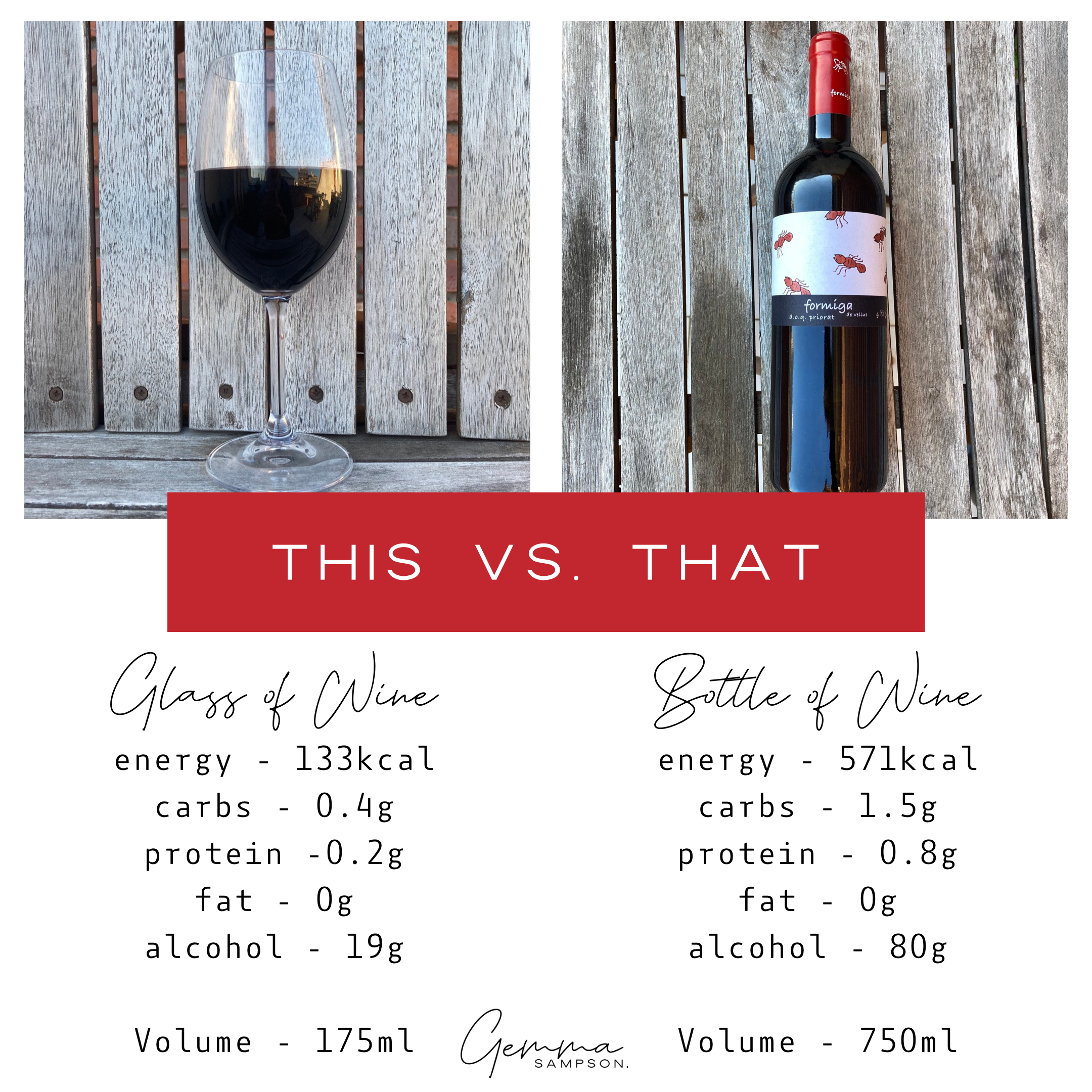Nutrition tips to eat well at Christmas
The average person is estimated to eat around 6,000 calories on Christmas day. Eating or drinking an extra 500 calories per day in the run up to and post Christmas means that some people find themselves with a few unwanted kilos by the time New Year’s Day arrives.
Christmas is a time of celebration so it's silly to completely deprive yourself and feel left out. Here are some of my top tips to help keep the calories down, minimise overeating and help you avoid gaining (too much) weight over the Christmas period.
Check for Portion distortion
Plate up a normal sized meal in the kitchen and leave the serving dishes of meat and roast potatoes there or on a sideboard. Keeping them out of reach may stop you reaching for that second or third helping.
You don’t need to overfill your plate! Think about what your normal portion sizes would be on a daily basis for a lunch or dinner meal and aim for something similar + around 25%.
Just because you can eat 3x Christmas dinners in one go, doesn’t mean you should! Focus on enjoying any seasonal foods that you only cook or eat at Christmas time. Quality over quantity!
It may help here to use smaller plates and bowls. Studies show time and time again that whenever we are served larger portions of food we all eat more. The dinner plates of our grandparent’s are the salad plates of today!
Watch the mindless snacking.
When we aren’t paying attention to what we eat, it’s easy to overindulge unnecessarily. The closer you are to snack foods, the easier it is to eat and more likely you will eat greater portions. So, step away from the bowls of crisps or sweets and the buffet. If they are in arms-reach you are more likely to keep nibbling mindlessly.
Also remember how quickly little bits here and there add up in a big way. Take the box of Celebrations or Lindt balls as an example. While one Lindt ball on its own may be 80kcal, eating 8 of them is equivalent to a whole 100g block of chocolate and 600kcal.
Whenever you eat these extra treat foods - eat them mindfully and intentionally and enjoy.
Eat mindfully and intentionally
It’s not a race to see who can eat the most food in the shortest period of time! Everyone can benefit from adding more mindfulness and intention into their eating habits - whether at Christmas or not.
Chew slowly and don’t race. It takes 20 minutes to feel full so rushing your meal results in you eating more than your body needs and that super stuffed ready to explode feeling
When eating with others it can help to sit next to a person you know who is a slow eater. Subconsciously you are more likely to adapt their eating speed and eat at a slower which means you are likely to and feel fuller faster and eat less overall.
It may help to use the Hunger and Fullness scale to rate how hungry or full you are on a scale of 1 to 10 while eating - aiming to stop once you get to about 8.
Fill up on vegetables first
Vegetables are naturally lower in calories (providing they aren’t swimming in butter or oil) meaning you can eat a huge portion of them. The fibre content will help you feel fuller faster.
Aim to fill 1/2 of your plate with vegetables to help portion and calorie control of other more energy dense foods.
Vegetables are where you want to be closer to! You can leave the vegetables on the dining table within easy reach. Any food that is easily accessible is likely to be eaten more.
Think about your drinks
Use smaller wine glasses - 125ml or 250ml of wine looks much more substantial when poured into a smaller wine glass compared with an enormous red wine glass. Drinking the equivalent of a bottle of wine (3x 250mml glasses) rapidly adds an extra 500kcal or more to your meal without filling you up.
I’m not averse to a drink or two, but be mindful about how quickly the calories in alcohol add up. Every gram of alcohol provides 7kcal, so make them count and enjoy any alcoholic drinks you do have.
Portion distortion also applies to the shape of the glasses we use. By using tall slender glasses rather than short fat tumblers you will tend to pour (and drink) about 30% than you would with a wide glass.
It’s an easy way to think your mind into thinking you have drunk more, you will actually pour in less fluid resulting in fewer liquid calories.
A bit of Christmas perspective
At the end of the day, Christmas is a special time of year and the last thing you want to do is completely deprive yourself and be miserable as a result of trying 'to be good'.
One day of over-indulging is not going to cause you to gain a huge amount of weight - it's when that one day of over-indulgence becomes a month of overindulgence that has a long-term impact.
Merry Christmas!
Gemma
Fuel your cycling for success
Do you want to know how best to fuel your training sessions? Are you keen to lose weight and optimise your performance?
The Cycling Nutrition Framework will fuel your cycling goals.





